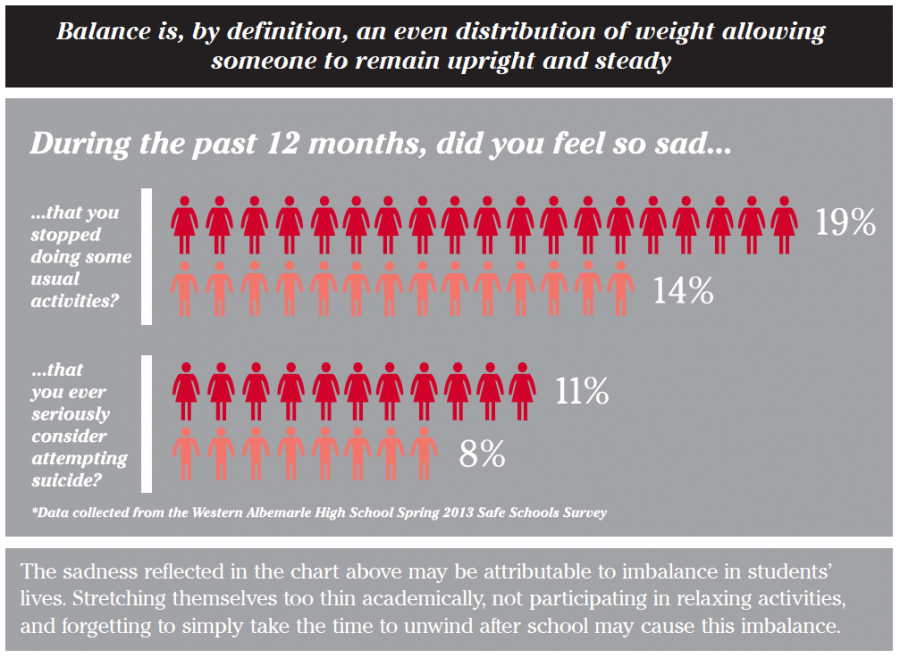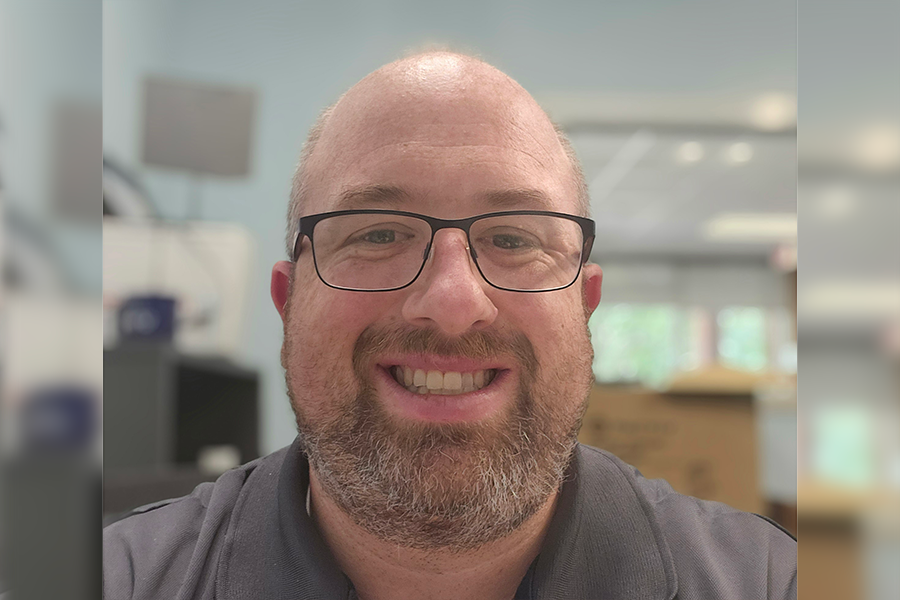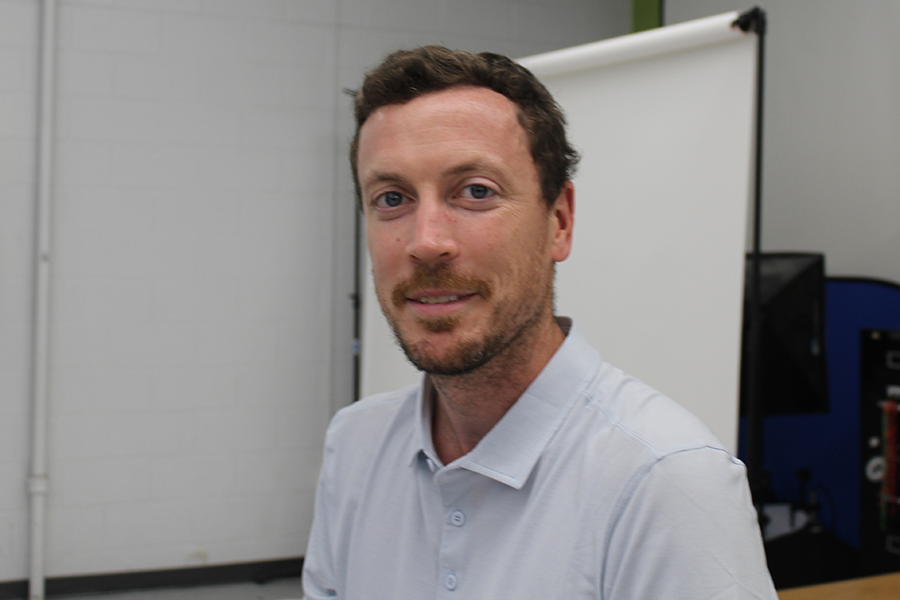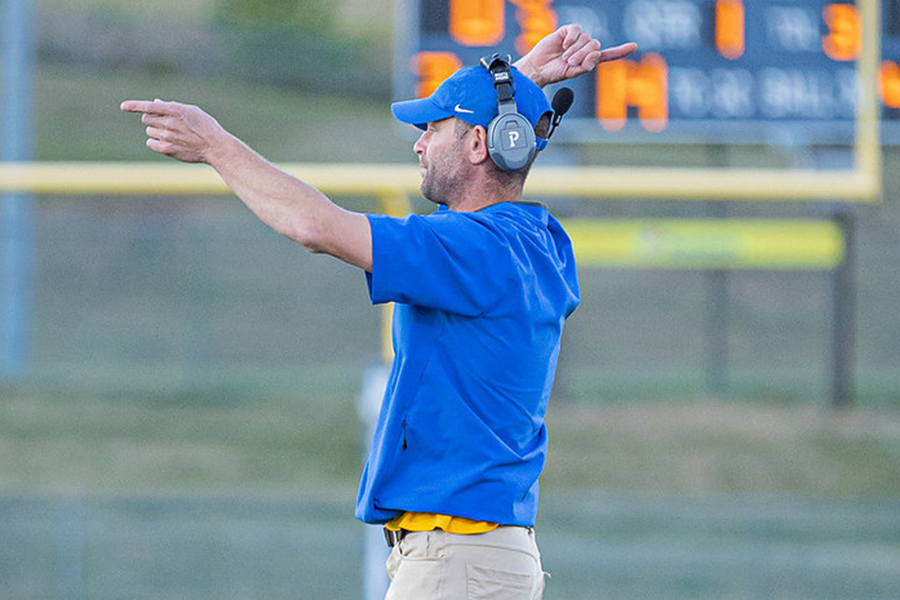Under Pressure: We’re All Tumbling Down
January 7, 2015
In an academic environment driven by the prospect of success and getting into a prestigious college or university, it is far too common for students, parents, and teachers to lose sight of the true purpose of education: to allow students to pursue what they are passionate about. When this happens, students lose the delicate balance in their lives.
Instead, school has become the needy child in students’ lives– students must devote their time, energy, passion and almost 18 years of their lives to school. Students wake up early to do homework, constantly attend to the many assignments, projects, tests and quizzes that school demands, and stay up late to make sure that they will be prepared to do it all again the next day. Students become sleep-deprived zombies living on a day-to-day basis, making ends meet so that they can attend the most prestigious institution.
Like parents, students reap the benefits of the 18 long years of work when they get into their dream college, but what is the cost? By placing school and academics at the center of their lives, students drastically upset the balance that should exist in their academic and personal lives. This leads to unhealthy levels of stress, anxiety, depression, and anger.
The problem of balance falls into three different categories: balancing academic ability with academic rigor, balancing school with extracurriculars, and balancing interests with requirements.
All too often, students feel pressured to load up their schedules with AP (Advanced Placement) courses in order to bolster their college transcripts. Regardless of whether a student is ready to take on a full-fledged AP course, which entails challenging tests and in-depth reading, they decide to accept the challenge. This is all well and good– school should be challenging in order to help students grow academically.
However, while many people may be trying to challenge themselves, others are just in it for the AP class on their transcript.
From this decision stem many different problems. A student who is not prepared academically for an AP class will find it extremely difficult to excel in an environment that pushes people to learn much of the material independently. Whether students begin to spend copious amounts of time on the class, pour significant effort into each assignment, or maybe even give up on the class, the end game is almost always the same for students who just are not ready to take AP classes: they are stressed out.
Students should feel free to take the classes that are the most well-suited for them, not the other way around. Nobody should feel compelled to fit into the AP mold just because “that’s the only way you will get into college.” Sure, it helps, but if a student is not ready for the class, it will only hurt when he or she receives a low grade as a result of not being ready.
Another unfortunate imbalance is the one that exists between academics and extracurricular activities. While a large portion of this imbalance is due to students having to give up certain activities that they truly love, such as sports, playing an instrument, or any other activity that comprises a large time-commitment, the problem also lies elsewhere.
To clarify, students often take on extracurricular activities with the sole purpose of making themselves stand out in the college application process. Granted, this may be a necessary thing to do, but students should not allow themselves to only do activities in order to make themselves look attractive to an admissions officer.
Instead, students should find a couple clubs or outside activities that ground them, that bring them out of the academic hemisphere and into a place where they can relax, have fun, let off stress, and forget about their troubles.
These activities are what make you YOU. So join the chess club, the robotics team, the Korean club, a recreational soccer team– anything that you want to do.
In a similar, way, students should not feel pressured to give up the classes in which the are genuinely interested in order to take more AP classes.
While many people think that “the more AP classes you have, the better you look to colleges,” this is not necessarily true. When admissions officers review an application, they are looking for a person, not just a transcript of classes. They want to see a strong foundation in the five core areas of academics.
By taking electives that are reflective of their interests, in addition to challenging classes, students become more than just a number, more than just a GPA, more than just a transcript– they become a whole person, which is what most colleges are looking for in a “holistic” selection process.
Balance is not about managing a grueling workload–– that is just part of high school. Instead, balance is about finding which courses or activities best fit a student’s academic abilities and interests.
In the end, it comes down to a choice that all students have to make–– the choice to take the appropriate classes and participate in activities because they want to, not because it is “necessary” in order to get into college.









